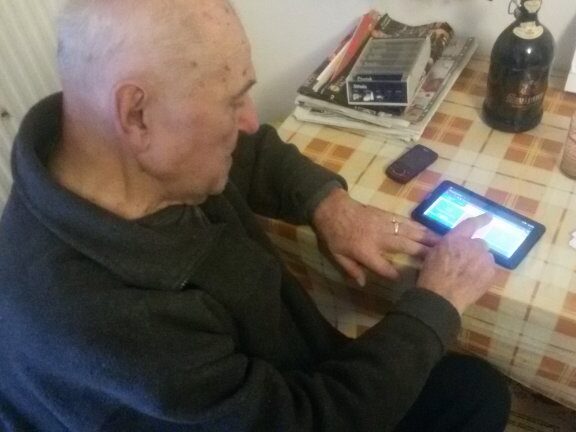
Using Mobile Health and the Impact on Health-Related Quality of Life: Perceptions of Older Adults with Cognitive Impairment
- Post by: Peter Anderberg
- 13 April, 2020
- No Comment
ABSTRACT
Digital health technologies such as mobile health (mHealth) are considered to have the potential to support the needs of older adults with cognitive impairment. However, the evidence for improving health with the use of mHealth applications is of limited quality. Few studies have reported on the consequences of technology use concerning the older adults’ quality of life. The purpose of this study was to describe perceptions of mHealth and its impact on health-related quality of life (HRQoL) among older adults with cognitive impairment. The study was conducted using a qualitative design with a phenomenographic approach. A total of 18 older participants with cognitive impairment were interviewed. The interviews were analyzed in order to apply phenomenography in a home-care context. The results showed variations in the older adults’ perceptions that were comprised within three categories of description; Require technology literacy, Maintain social interaction, and Facilitate independent living. In conclusion, the development and design of mHealth technologies need to be tailored based on older adults´ needs in order to be understood and perceived as useful in a home-care context. For mHealth to support HRQoL, healthcare should be provided in a way that encourages various forms of communication and interaction.
Christiansen L, Lindberg C, Sanmartin Berglund J, Anderberg P, Skär L. Using Mobile Health and the Impact on Health-Related Quality of Life: Perceptions of Older Adults with Cognitive Impairment. Int J Environ Res Public Health. 2020;17: 2650. doi:10.3390/ijerph17082650
